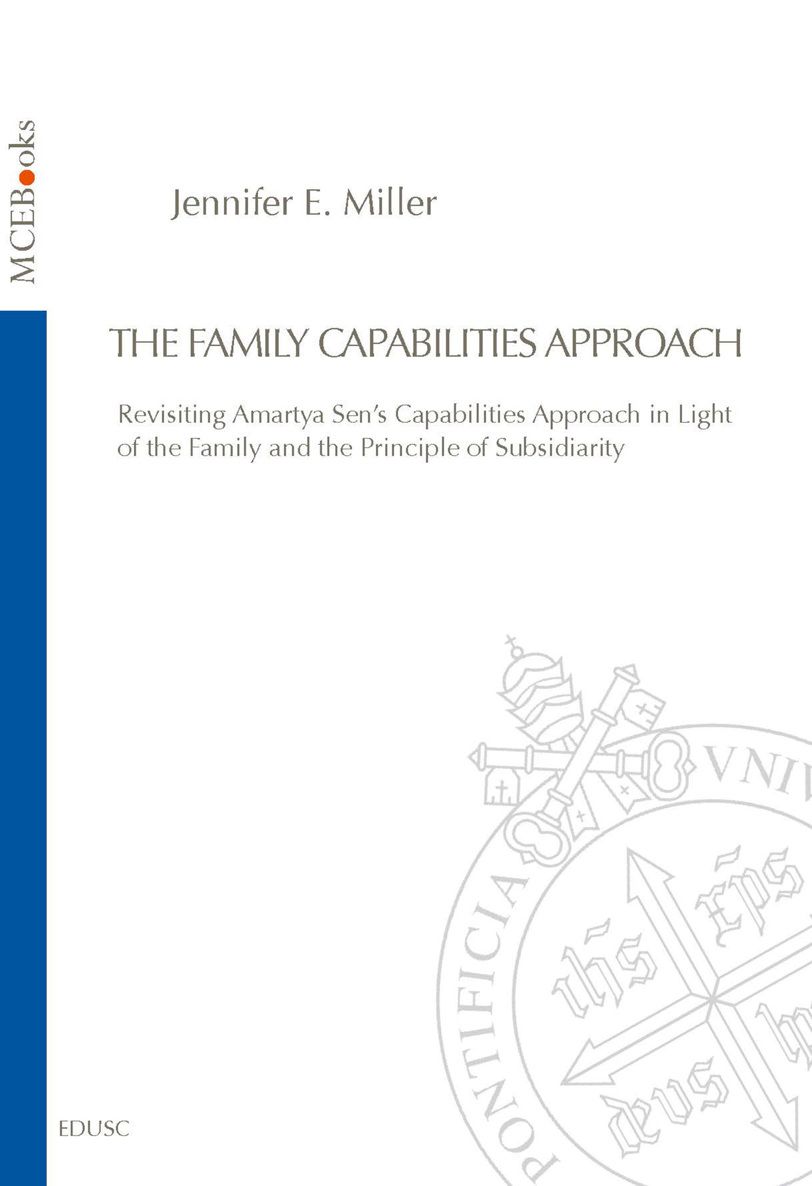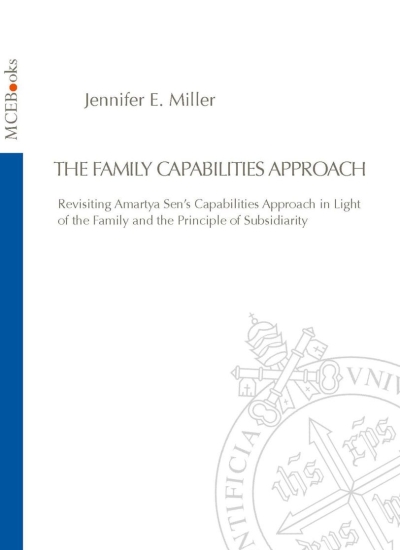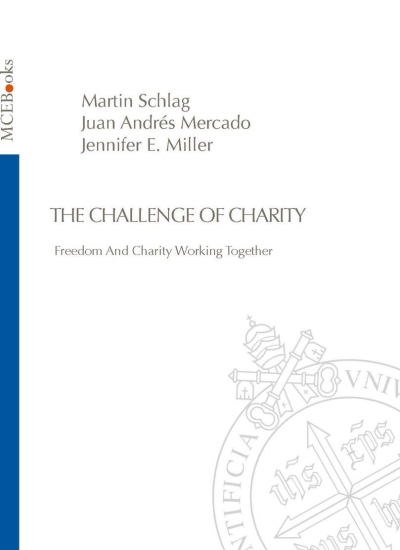Beschreibung
What is “the good life”? How can it best be achieved? The attention of the 1998 winner of the Nobel Prize in Economics, Amartya Sen, to the human person and to the importance of realizing the good life has caused him to be described by one theologian as “the conscience of economics”. Known as the capabilities approach, his proposal, a now integral part of the United Nations Human Development Reports’ measurement of poverty, seems to ally itself with “the goal of rescuing peoples, first and foremost, from hunger, deprivation, endemic diseases and illiteracy” (Caritas in Veritate, 21), while not limiting itself to the topic of material underdevelopment but addressing the progress of society as a whole. However, a work engaging his thought with that of Catholic social doctrine has as yet been unwritten.
This volume, therefore, seeks to fill that lacuna by first explaining and presenting Sen’s capabilities approach in a manner accessible to both amateur theologians and amateur economists; a simple yet
thorough explanation of its basic aims and method introduce the reader into this manner of thinking about the social life. From the viewpoint of that "integral human development", which is at the heart of both "Populorum Progressio" and "Caritas in Veritate", his positive practical intuitions are then illuminated while the need for a more solid theoretical basis to ensure the good life that is truly the most human becomes more apparent. With the contributions of American and European theologians and economists, a family capabilities approach, overcoming his methodological individualism and focusing upon the family, civil society, and the principle of subsidiarity, proposes key concepts in the elaboration of “the good life” for all.
Cajun by birth, Dr. Jennifer E. Miller has studied at the Pontifical Universities of the Angelicum and the Gregorian, as well as at the John Paul II Institute for Studies on Marriage and Family in Rome, obtaining her doctorate with a thesis in moral theology at the Pontifical University of the Holy Cross. She has taught courses on moral theology and business ethics in the United States and in Italy. Currently Directress of Studies at the Markets, Culture and Ethics Research Centre at the Pontifical University of the Holy Cross, Dr. Miller’s principle areas of research are the economy and the family
Biografische Notizen
Jennifer E. Miller is based in the Edmond J. Safra Center for Ethics at Harvard University and Kenan Institute for Ethics at Duke University. She is also a member of the New York University (NYU) Langone Medical Center faculty.
In 2006, Miller founded the nonprofit Bioethics International to address ethics concerns and trust gaps in healthcare innovation. Previously she taught in Columbia University's Bioethics and Cross-Cultural Program and in Fordham University's Graduate School of Business- where she was also a fellow in the Global Healthcare Innovation Management Center.
From 2009 to 2011, she served on the national taskforce for Pediatric Emergency Mass Critical Care under the US Centers for Disease Control & Prevention (CDC). Additionally, she served as a special consultant to the United Nations ECOSOC (organ facilitating international cooperation on standards-making and problem-solving in economic and social issues), as an advisor on the Association of Schools of Public Health’s Preparedness and Response Core Competency Development Project, and the AMA's National Disaster Life Support Education Consortium.
Miller’s expertise has been featured on Fox News, CBS, AP News, NPR and the cover of Science Magazine’s Career section. A dynamic speaker, she has co-chaired conferences and panels at Harvard University, Princeton University, Duke University, and for the Biotechnology Industry Organization. She has authored several articles and book chapters, including for Nature Medicine, The Scientist, Journal of Bioethics, and the Hastings Center Report, and been the recipient of numerous grants.




